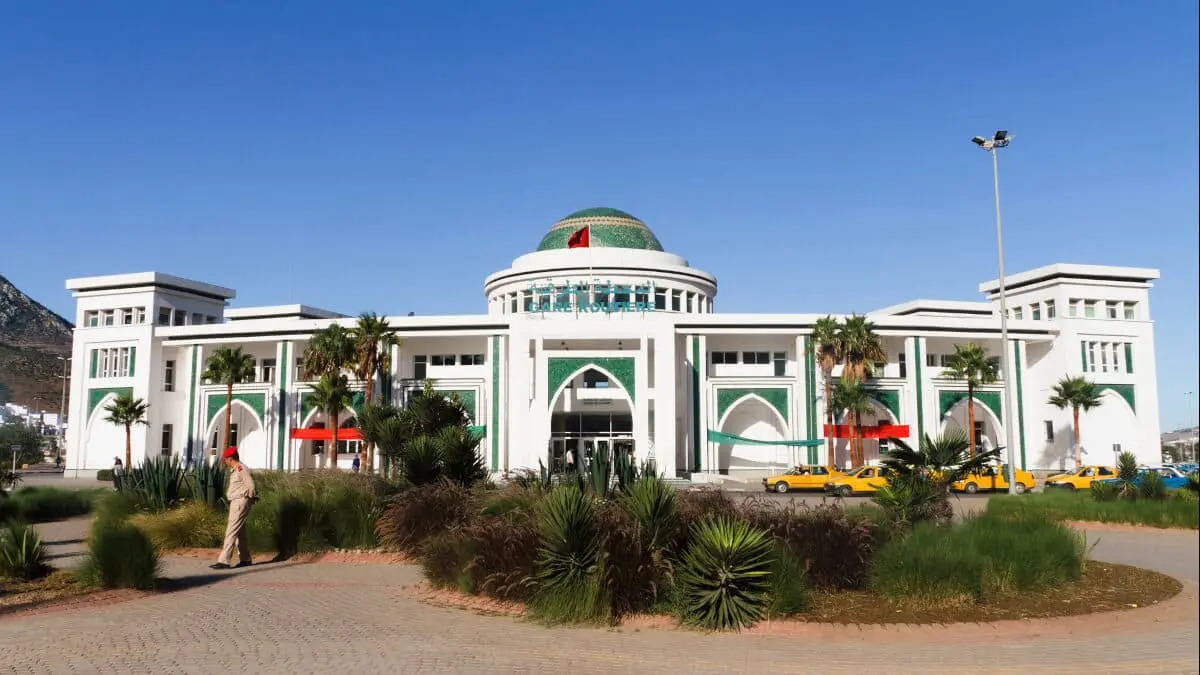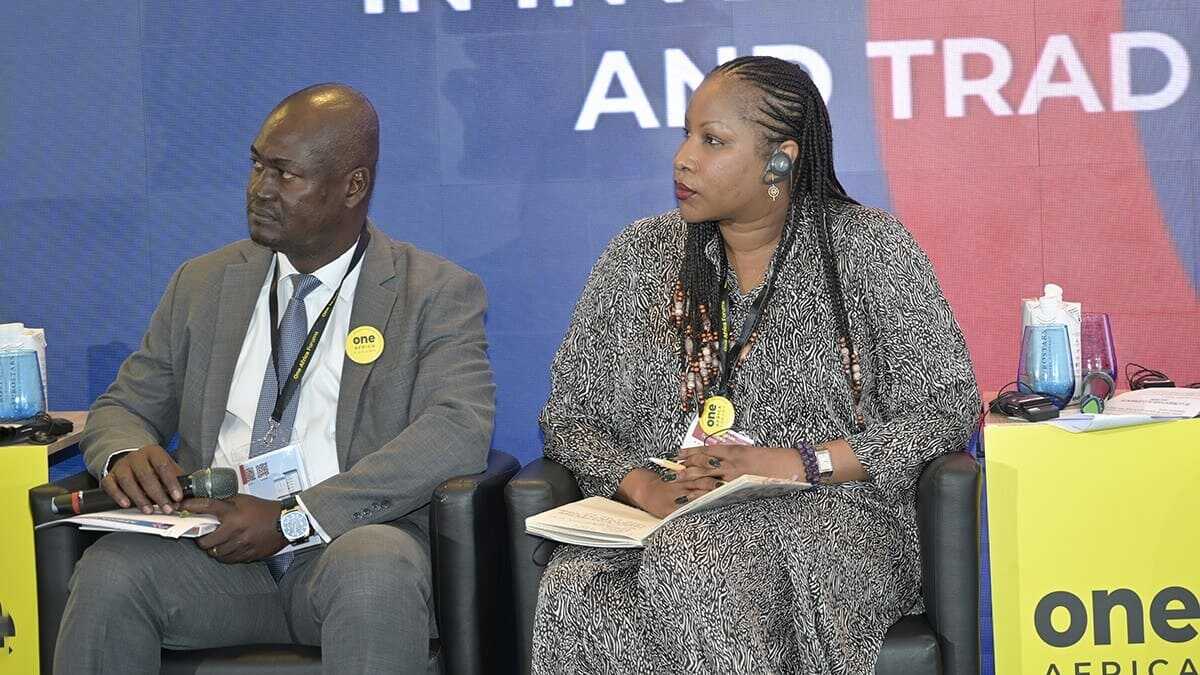Morocco protects investors

Corruption is an undeniable deterrent to foreign investment. It implies instability and insecurity in the functioning of the recipients of that capital and uncertainty in the resolution of disputes. But despite these concerns, Morocco has laws in place that protect business, competitiveness and investment.
The US Department of State (DOS) identifies corruption as one of the main obstacles to investment. Transparency International's Corruption Perceptions Index, in its most recent survey (2023) of 180 countries, ranks Morocco 97th. It has a score of 38 out of 100 (100 being a ‘very clean’ system), a figure below the global average of 43.
Despite the low score on this index, in matters concerning investments, Morocco has been removed from several grey lists this past year by organisations such as the European Union (EU) and the Financial Action Task Force (FATF) that monitor money laundering. Similarly, according to ICE Magazine in 2022, Morocco has 61 investment promotion and protection agreements, 25 of these with countries that comply with the OECD Declaration on International Investment and Multinational Enterprises.

Morocco's New Investment Charter outlines its roadmap until 2026. One of its four pillars is investment facilitation, which includes ‘improving the legal business framework’, ‘strengthening coordination and monitoring of the business environment’ and ‘optimisation, digitisation and decentralisation of administrative procedures’. Some of its seven priority areas, such as the simplification of administrative procedures and the diversification of financing methods, together with the previous point, reduce opportunities for corruption and simplify the investment process.
Although the most recent (2022) DOS report on Human Rights Practices: Morocco found that, although laws criminalising corruption exist, their implementation is ineffective, Morocco's economic restructuring in the area of investment offers a significant improvement in protection. The Maghreb country has a National Authority for Prohibiting, Preventing and Combating Corruption (INPLCC) that creates and monitors regulations for the investigation and prevention of corruption.

Law 9-46 was passed in 2021 to strengthen this ministry. In addition, there is the Moroccan Institute of Administrators whose objective is the promotion of good corporate governance, ethics and compliance programmes to detect bribery of state officials.
The DOS Investment Climate Statement 2024: Morocco mentions that they are not aware of any reports of corruption in relation to customs or taxation. However, it notes that the lack of investment controls in the telecommunications, minerals and renewable energy sectors is a challenge for foreign investment.
The control of private companies' actions that may put foreign investment at risk, especially unfair competition, is regulated and prosecuted by the Competition Council. In November 2023, it fined nine fuel companies, including TotalEnergies and Vivo Energy (Shell), 1.84 billion dirhams (166 million euros) for price fixing and non-compliance with competition rules. The Council also plans to regulate the abuse of buyer power.








